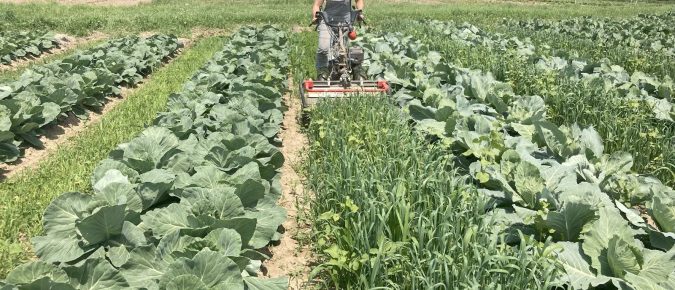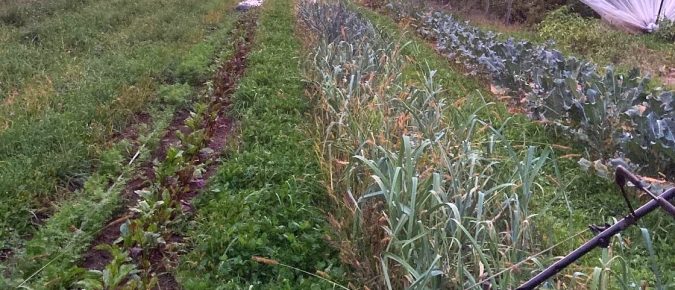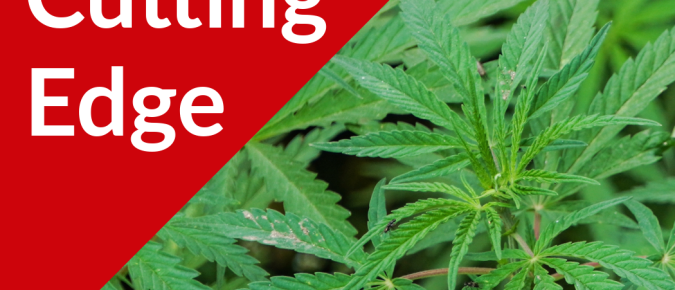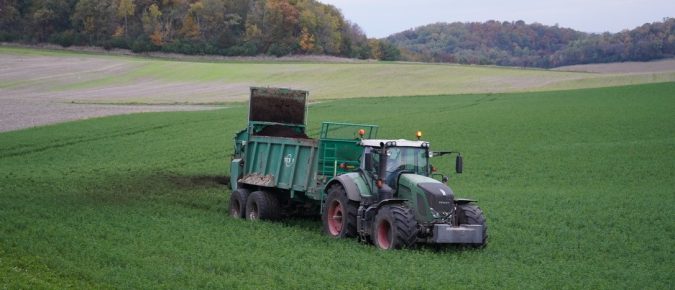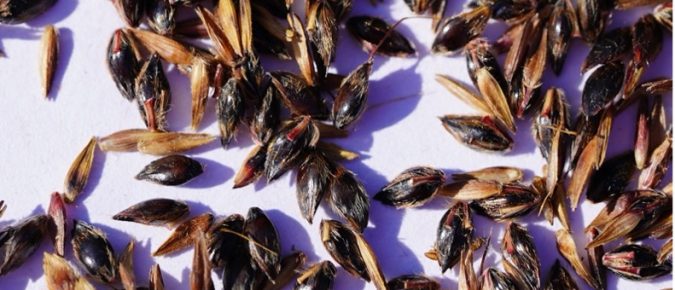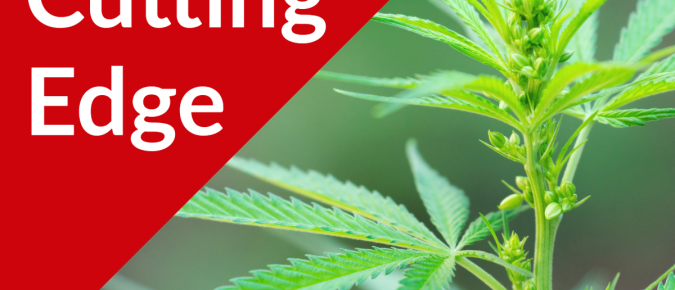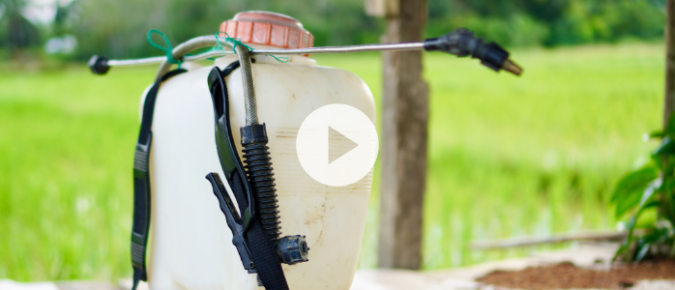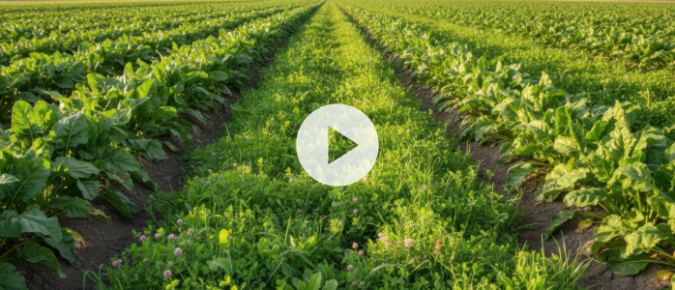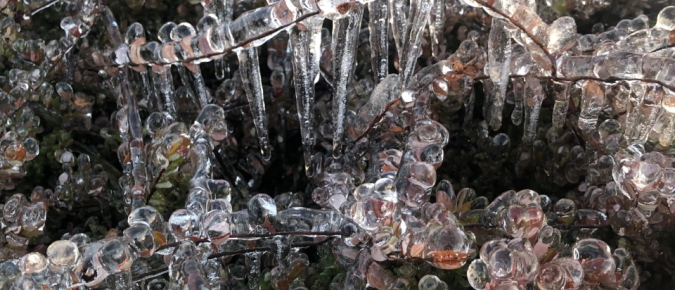Articles
Living Aisles Case Study #3: Red Door Family Farm, Athens, WI
Most farmers are familiar with the benefits of cover crops: they reduce erosion, improve soil health, and help suppress weeds. Cover crops are often incorporated into fields as part of crop rotations, but they can also be planted in the aisles between cash crop beds, providing cover during a time of year when the soil is typically bare. These “living aisles” add additional advantages, such as reducing mud during rainy periods, allowing farmers to access beds when the ground is wet, and keeping harvest bins cleaner. Depending on the species used, living aisles may also be allowed to grow into beds after harvest to provide winter cover.
Living Aisles Case Study #4: Circadian Organics, Ferryville, WI
Most farmers are familiar with the benefits of cover crops: they reduce erosion, improve soil health, and help suppress weeds. Cover crops are often incorporated into fields as part of crop rotations, but they can also be planted in the aisles between cash crop beds, providing cover during a time of year when the soil is typically bare. These “living aisles” add additional advantages, such as reducing mud during rainy periods, allowing farmers to access beds when the ground is wet, and keeping harvest bins cleaner. Depending on the species used, living aisles may also be allowed to grow into beds after harvest to provide winter cover.
The Cutting Edge Podcast Episode #53: Hemp Research Priorities at UW-Madison with Dr. Shelby Ellison
Dr. Shelby Ellison, Assistant Professor in the Department of Plant and Agroecosystem Sciences at UW-Madison, provides an update on the research priorities her lab is focused on related to hemp. Resources Midwest Hemp Database – High Cannabinoid Midwest Hemp Database – Grain and Fiber
BMPs of NMPs #3: Calculating Soil Erosion, PI, SCI, and Management Strategies
In episode three of the BMPs of NMPs, Landon Baumgartner discusses soil conservation and nutrient management with Hava Blair and Andrea Topper. They explain the use of the SNAP Plus software, which incorporates the RUSLE2 equation to calculate soil loss, considering critical and predominant soil types.
Johnsongrass in Wisconsin
Johnsongrass, a highly invasive perennial grass that invades and impacts agricultural and natural areas throughout the United States, is popping up in southern Wisconsin along roadsides, agricultural fields and recent restoration activities. Learn how you can help monitor the invasive species.
The Cutting Edge Podcast Episode #52: Update on State and Federal Hemp Regulations
An update on state and federal hemp regulations currently being debated and their potential impacts on the cannabis industry in Wisconsin and beyond. Our guests are Dr. Shelby Ellison and Rob Pero. Dr. Shelby Ellison is an Assistant Professor in the Department of Plant and Agroecosystem Sciences at UW-Madison whose research focuses on preserving, characterizing, […]
BMPs of NMPs #2: Wisconsin’s 590 Nutrient Management Standard Today and Beyond
In the second episode of the BMPs of NMPs, Daniel Smith of UW-Madison Extension’s Nutrient and Pest Management program and Sara Walling of Clean Wisconsin talk about the current and future status of of Wisconsin’s 590 Nutrient Management Standard, adoption of these practices throughout the state, and our history of using the best available science to ensure farm profitability and sustainability.
▶ Backpack Sprayers in Diversified Vegetable Systems
This article walks through the different parts of and considerations around calibrating and using a backpack sprayer in diversified vegetable systems.
▶ Cover Crops in Diversified Vegetable Systems
This article walks through the timing, tools, and methods for seeding cover crops in diversified vegetable crop systems.
Water Talk: Inside the Working Cranberry Marsh
Dr. Mallika Nocco and Water Talk co-hosts have a conversation with Dr. Leslie Holland, University of Wisconsin–Madison assistant professor and extension fruit crop pathologist, and Dr. Amaya Atucha, University of Wisconsin–Madison professor and extension fruit crops specialist, about cranberry production, water use, recycling, and enjoyment.

